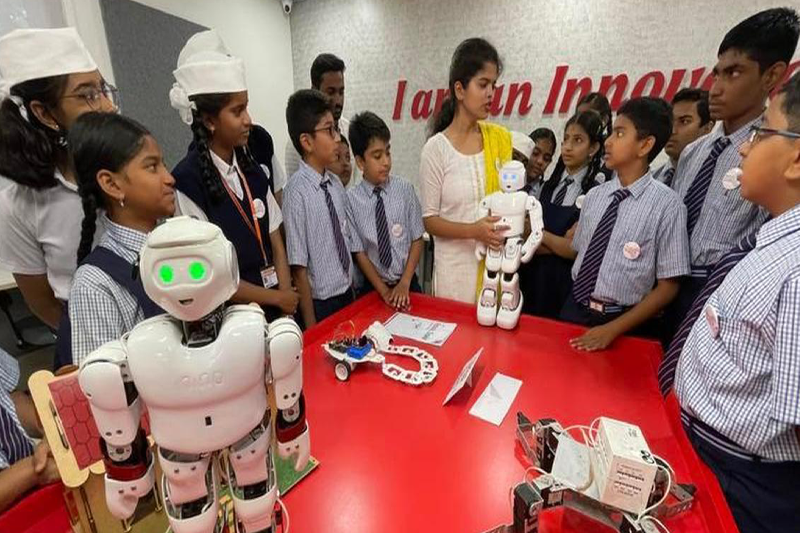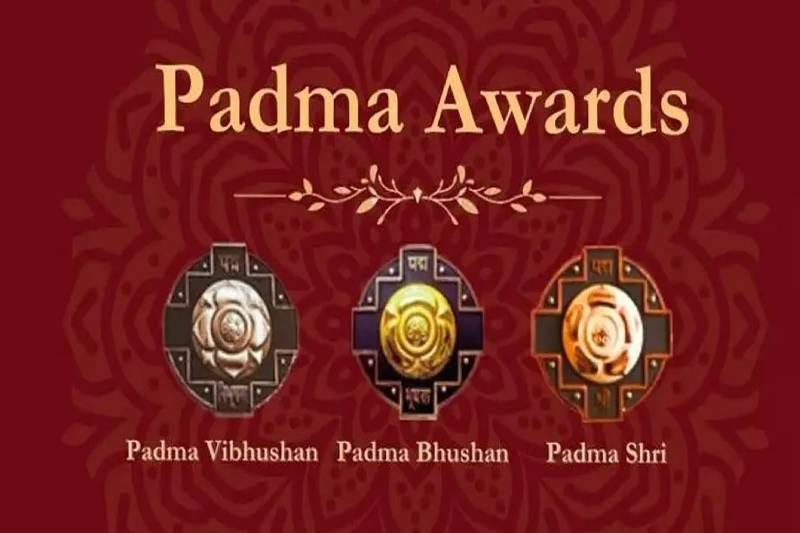
SSC Adopts Equipercentile Method for Multi-Shift Exams: A Step Toward Fairer Evaluation
The Staff Selection Commission (SSC), one of India’s premier recruitment bodies for government jobs, has significantly changed its evaluation process for exams across multiple shifts. The Commission has now adopted the equipercentile method of normalisation, a system designed to ensure fairness and maintain the sanctity of its competitive examinations. This move comes when SSC has been under scrutiny due to past allegations of irregularities, technical glitches, and growing concerns among aspirants regarding evaluation fairness.
Why Normalisation Matters in SSC Exams
SSC examinations, including the prestigious Combined Graduate Level (CGL) Exam, are conducted in multiple shifts to accommodate many aspirants nationwide. However, one of the biggest challenges in such exams is ensuring that candidates are evaluated fairly, regardless of whether they face a relatively easy or difficult shift.
Until now, the Commission used a normalisation system based on top scores, average scores, and variations across shifts. This allowed scores to be adjusted so students who appeared in tougher shifts were not unfairly disadvantaged. While this approach was practical, SSC recognised the need for a more transparent and statistically robust method.
What is the Equipercentile Method?
The newly introduced equipercentile method addresses the long-standing concerns around difficulty variations across shifts. Instead of relying on averages, the technique focuses on percentile ranks of candidates within their own shift.
Here’s how it works:
- A candidate’s performance will be measured relative to peers in the same shift.
- For example, if a candidate scores better than 80% of examinees in one shift, that score will be equated with another candidate outperforming 80% of examinees in another shift.
- This ensures that performance is compared shift-to-shift on percentile terms, making the evaluation fairer and less dependent on absolute marks.
By adopting this method, SSC ensures that relative performance, not raw marks influenced by varying question paper difficulty, determines a candidate’s merit.
SSC’s Commitment to Fair Evaluation
In its announcement, SSC emphasised that this change reflects its ongoing commitment to improving evaluation processes and upholding the sanctity and credibility of public examinations. The equipercentile method not only enhances fairness but also strengthens aspirants' trust in the recruitment process.
The Commission further clarified that this shift in methodology is part of a larger reform process aimed at addressing past challenges. Over the last few years, SSC exams have witnessed protests and criticism over alleged irregularities, technical glitches in computer-based tests, and operational issues. By introducing this new system, SSC seeks to reassure candidates of its intent to ensure equal opportunities for all.
Addressing Concerns of Aspirants
For lakhs of candidates appearing for exams such as SSC CGL, CHSL, and JE, the new method is expected to eliminate the possibility of one shift being unfairly easier or tougher. Aspirants who previously worried that scoring in a difficult change would harm their chances can now be confident that their relative performance will be recognised.
Coaching institutes and aspirants had often raised concerns about the earlier evaluation mechanism. Many felt that despite normalisation, there were inconsistencies in score adjustments. The equipercentile method addresses these apprehensions by focusing strictly on percentile ranks rather than numerical score averages.
Warning Against Unfair Means
Alongside announcing the new evaluation method, SSC issued a strict warning to candidates regarding unfair practices. Citing the Public Examinations (Prevention of Unfair Means) Act, 2024 (PEA Act, 2024), the Commission reminded aspirants that violations such as cheating, paper leaks, or even unauthorised discussions of question papers could invite severe penalties.
Key highlights of the Act include:
- All offences are categorised as cognisable, non-bailable, and non-compoundable.
- Candidates found guilty can face both criminal action and administrative measures, including cancellation of candidature and debarment from present and future exams.
SSC has warned candidates appearing for upcoming exams like the SSC CGL 2025 from September 12 not to indulge in any malpractice, directly or indirectly.
Why This Move is Significant
Adopting the equipercentile method is more than just a technical change; it represents a shift towards greater transparency and fairness in one of India’s most competitive recruitment processes. With millions of aspirants depending on SSC exams for stable government careers, even minor issues in evaluation can lead to widespread dissatisfaction.
SSC has taken a proactive step to strengthen aspirants’ trust by addressing long-standing concerns about shift-based disparities. It also aligns India’s recruitment processes with global best practices in large-scale testing.
Looking Ahead
SSC has stated that it will continue to refine its evaluation systems to ensure consistency, fairness, and credibility in all future examinations. The equipercentile method is just one step in a larger reform journey. Still, it sets the tone for how competitive exams in India can evolve to meet the needs of a growing and increasingly aware candidate base.
With the SSC CGL exam around the corner, all eyes will be on implementing this method and how effectively it ensures fair ranking across shifts. For aspirants, this welcome reform promises to make the playing field more level than ever before.


